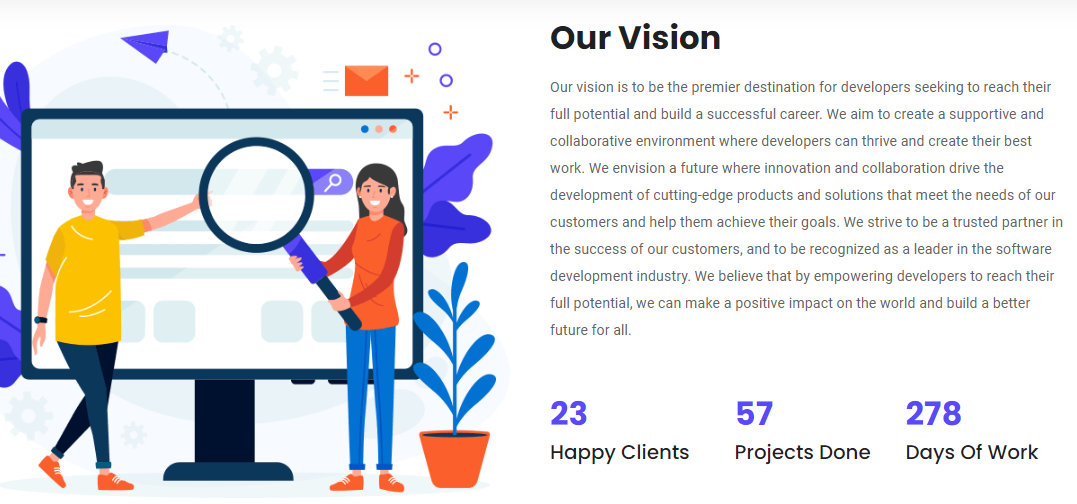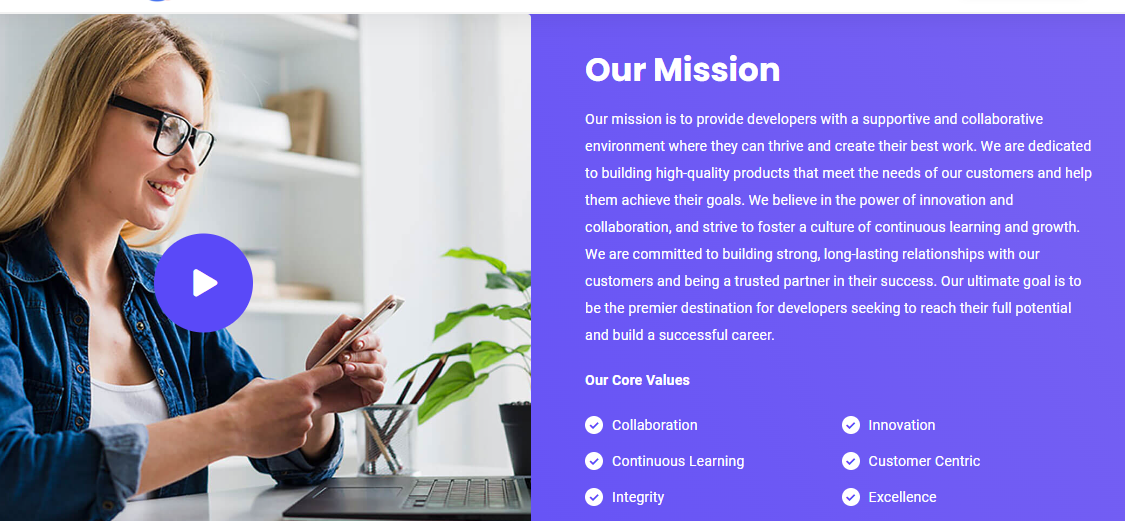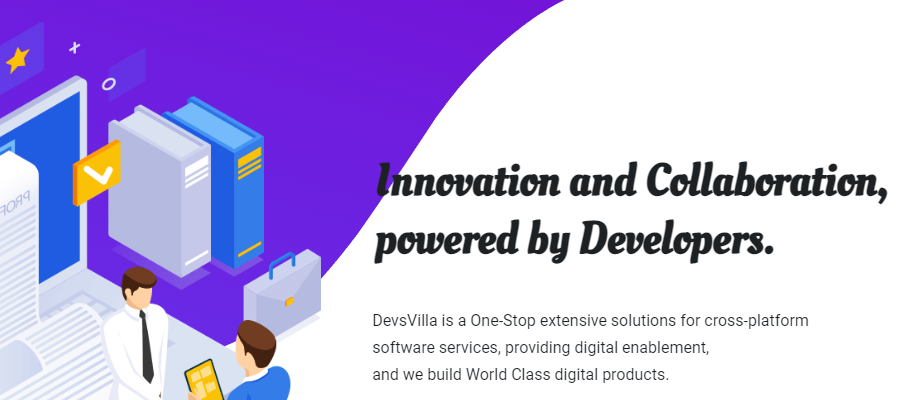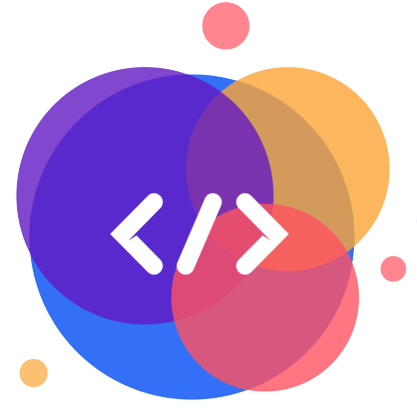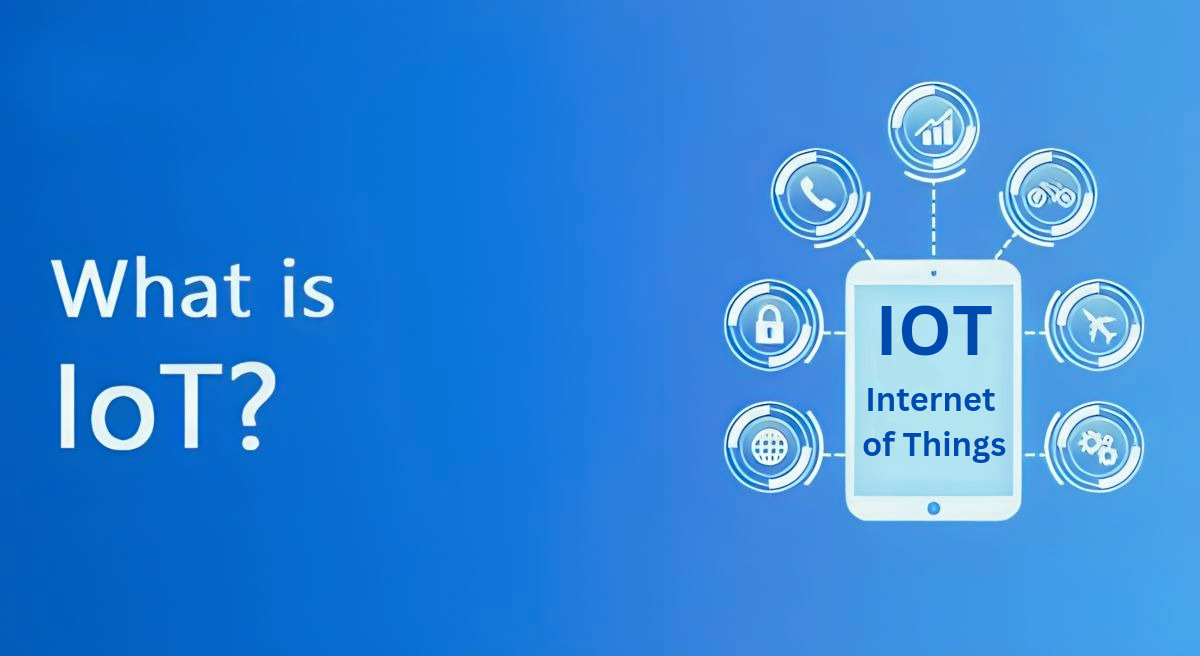The term ‘Internet of Things’ was coined in 1999 by computer scientist Kevin Ashton. While working at Procter & Gamble, Ashton proposed putting radio-frequency identification (RFID) chips on products to track them through a supply chain.
The term “Internet of Things” (IoT) refers to a system of physical objects, commonly referred to as “things,” that are equipped with sensors, software, and other advanced technologies. These objects are designed to establish connections with other devices and systems through the internet, allowing for data exchange.
IoT is an incredible technology that uses tiny devices to tell us about everyday things like cars, tools, and even living things! We can connect them to the internet and see what they’re doing. The internet sends all the information to a special place in the cloud where it’s analyzed to help us make better decisions.
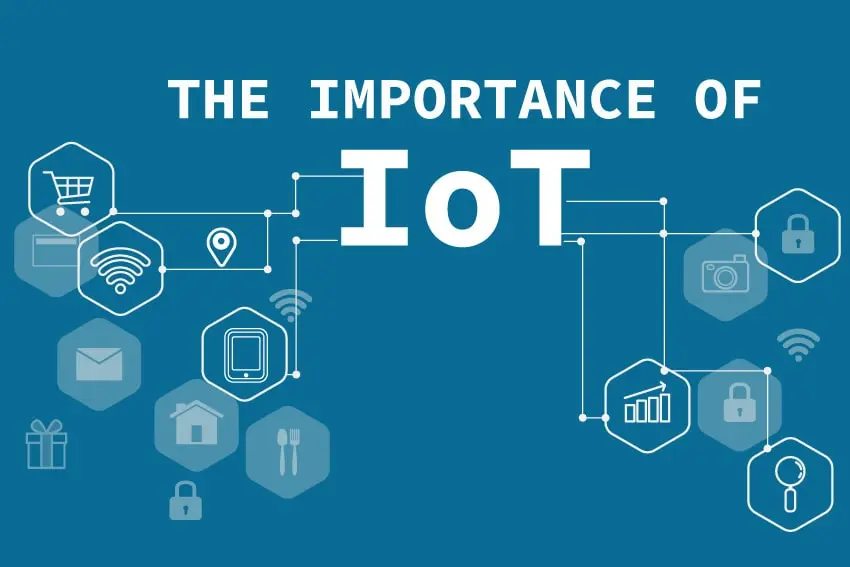
IoT is a technology that allows many different devices to talk to each other over the internet. It’s like a big conversation between gadgets. We can link common objects such as kitchen appliances, cars, thermostats, and baby monitors to the internet via embedded devices, which enables effortless communication among people, processes, and things.
The Internet of Things (IoT) is crucial for several reasons. It enables the connection of a vast array of devices and systems, which can communicate with each other and share data. This can lead to enhanced efficiency, productivity, and convenience, as well as improved decision-making capabilities. IoT also has the potential to revolutionize various industries, including healthcare, transportation, and manufacturing, by enabling advanced automation and optimization. Overall, IoT has the potential to transform the way we live and work, making it a vital technological development.

IoT is being used in real-life applications to improve efficiency, convenience, and safety. The internet of things is a technology that allows us to add a device to an inert object (for example vehicles, plant electronic systems, roofs, lighting, etc.) that can measure environmental parameters, generate associated data, and transmit them through a communications network.
- Smart homes: Devices like smart thermostats, lighting systems, and security systems can be controlled remotely through a smartphone app, thanks to IoT.
- Wearable fitness trackers: Fitness trackers like Fitbit and Apple Watch use IoT to monitor physical activity, heart rate, and sleep patterns.
- Smart agriculture: IoT sensors can monitor soil moisture, temperature, and other factors to optimize crop growth and yield.
- Connected cars: IoT-enabled cars can provide real-time traffic updates, send maintenance alerts, and even communicate with other cars on the road.
- Healthcare monitoring: IoT devices can monitor vital signs, track medication adherence, and even provide remote patient monitoring.
- Smart Cities: Smart billing and street lighting can manage energy use while smart cameras and microphones can improve public safety by detecting crime in different areas of a city.
- Waste Management: IoT applications can notify truck drivers about filled dustbins and set a route for them so that they do not have to waste time by exploring locations with empty dustbins. IoT devices can also help in developing Smart bins, that is, trash bins that can segregate waste into categories like plastic, metal, glass, or paper.
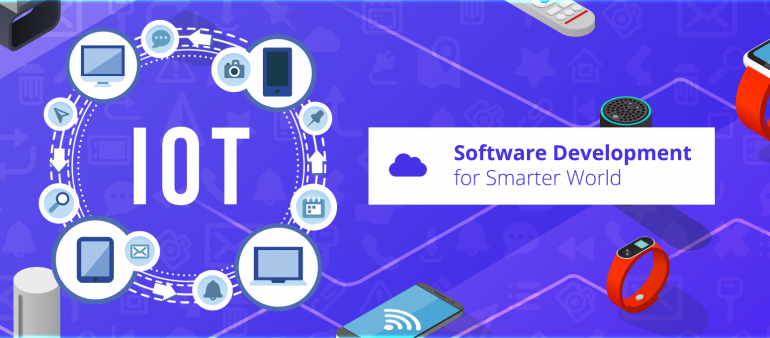
IoT provides software companies with opportunities to innovate, develop new products and services, and expand their business offerings. IoT software platforms make it possible to manage the networks of devices and sensors many organizations use to communicate real-time data around supply chains, manufacturing floors, security systems, and more. IoT web and mobile applications to help you connect and manage devices and make data-driven decisions. IoT can be useful for software companies in several ways:
Developing IoT applications: Software companies can create IoT applications that help businesses optimize their operations, improve efficiency, and enhance customer experience.
Big data analytics: IoT generates vast amounts of data that can be analyzed to gain valuable insights and inform business decisions.
Cloud computing: IoT applications often rely on cloud computing to store and process data. Software companies can offer cloud-based services to support IoT applications.
Edge Computing: Edge computing allows data to be processed and analyzed at the edge of the network, closer to where the data is generated. This reduces latency and can improve overall system performance.
Artificial Intelligence (AI) and Machine Learning (ML): AI and ML are used to analyze IoT data and generate insights that can be used to optimize operations, improve efficiency, and create new business opportunities.
Cybersecurity: IoT devices are vulnerable to cyber-attacks, and software companies can offer cybersecurity solutions to protect these devices and the data they generate.
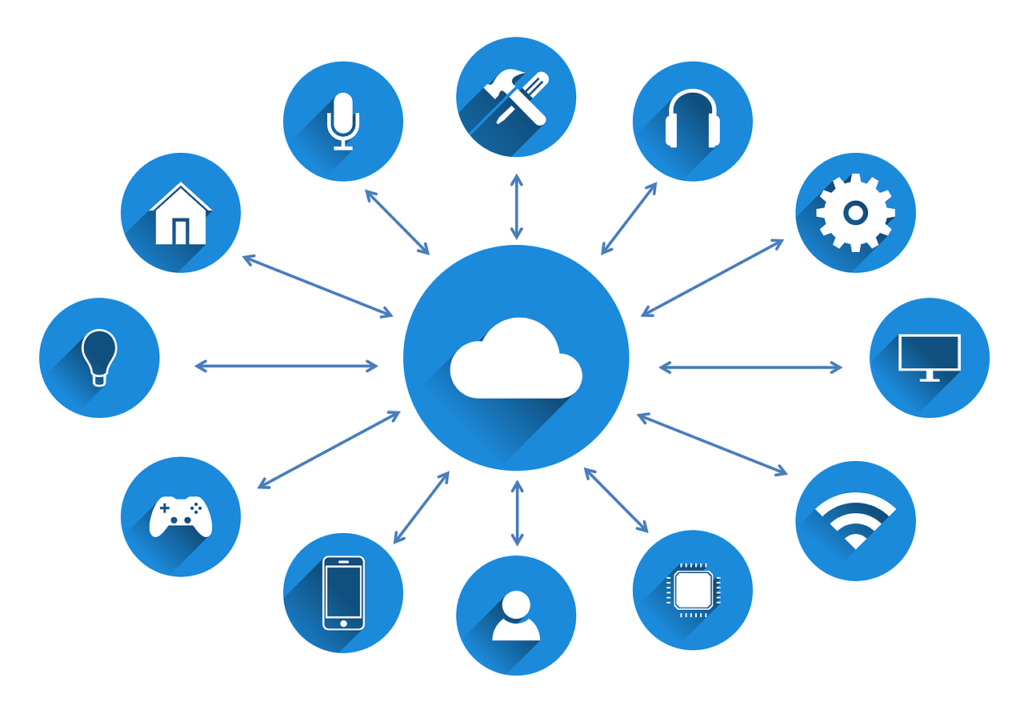
IoT application development platforms are software tools that provide developers with the ability to create, deploy, and manage IoT applications. Here are some popular IoT application development platforms:
- Microsoft Azure IoT Suite: Microsoft Azure IoT Suite is a cloud-based platform that provides a range of IoT services, including device management, data analytics, and machine learning.
- AWS IoT: Amazon’s IoT platform, provides a range of tools for device management, data processing, and analytics.
- Google Cloud IoT: Google Cloud IoT provides a suite of services that enable users to build, deploy, and manage IoT applications using Google’s cloud infrastructure.
- IBM Watson IoT Platform: IBM Watson IoT Platform is a cloud-based platform that provides a range of tools for IoT development, including device management, data analytics, and machine learning.
- ThingWorx: ThingWorx is a platform for building IoT applications that provide tools for device management, data processing, and analytics.
- Cumulocity IoT: Cumulocity IoT is a cloud-based IoT platform that provides tools for device management, data processing, and analytics.
- Losant: Losant is a cloud-based IoT platform that provides tools for device management, data processing, and analytics, as well as a visual workflow builder for creating IoT applications.
- Particle: Particle is a platform for building IoT devices and applications that provides tools for device management, data processing, and analytics.
- Kaa IoT Platform: Kaa IoT Platform is an open-source platform for building IoT applications that provide tools for device management, data processing, and analytics.
- Xively: Xively is a cloud-based IoT platform that provides tools for device management, data processing, and analytics, as well as a library of pre-built IoT components for rapid application development.
- Device Management: This component manages and controls the connected devices and sensors in an IoT system, including device registration, configuration, and monitoring.
- Data Management: This component manages the data generated by the devices, including data storage, retrieval, processing, and analysis.
- Communication Protocols: This component specifies the communication protocols used between the devices and the platform, including wired and wireless protocols such as Wi-Fi, Bluetooth, and Zigbee.
- Cloud Infrastructure: This component provides the cloud-based infrastructure needed to support the platform, including storage, computing resources, and network infrastructure.
- Analytics and Machine Learning: This component provides advanced analytics and machine learning capabilities for processing and analyzing the data generated by the devices, enabling insights and predictions that can be used to optimize business processes and improve outcomes.
- Security: This component ensures the security and privacy of the data and devices in the IoT system, including authentication, authorization, and encryption.
- Application Programming Interfaces (APIs): This component provides APIs that enable developers to build custom applications and integrations with the IoT platform, extending its functionality and integrating it with other systems and applications.
There are many IoT development tools available to developers. Here are some popular options:
- Arduino: An open-source hardware and software platform that makes it easy to create IoT devices using microcontrollers.
- Raspberry Pi: A popular single-board computer that can be used for a wide range of IoT projects, from simple sensors to complex automation systems.
- Node-RED: A visual programming tool that allows users to create IoT applications by connecting pre-built nodes together.
- Microsoft Azure IoT Suite: A cloud-based platform that provides a range of IoT services, including data analytics, device management, and machine learning.
- AWS IoT: Amazon’s IoT platform, provides a range of tools for device management, data processing, and analytics.
- Google Cloud IoT: A suite of services that enables users to build, deploy, and manage IoT applications using Google’s cloud infrastructure.
- Eclipse IoT: An open-source IoT framework that provides a range of tools and services for IoT development, including device management, data processing, and security.
- IBM Watson IoT Platform: A cloud-based platform that provides a range of tools for IoT development, including device management, data analytics, and machine learning.
- Thing Worx: A platform for building IoT applications that provide tools for device management, data processing, and analytics.
- Tessel: A hardware platform that makes it easy to create IoT devices using JavaScript and Node.js.
Do You Have A Project In Mind?
